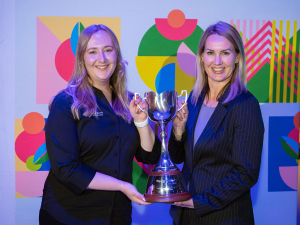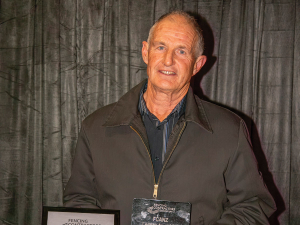And I applaud the statement quoted regarding “production is vanity, profitability is sanity” as it is an accurate interpretation of a classical situation that has gripped so many in farming for 20 or more years.
The production culture has literally smothered the farming community and dominated the thinking of bankers, advisers and learning institutions.
But profitability is the preferred basic indicator for all internationally successful businesses, so why not farming? Nothing new under the sun about that, but our stubborn industry has succumbed to farming from bank statements and historical accountancy reports framed solely to lower the annual taxation dollar.
“Vanity” is certainly a good way to describe the calls for increased production as it encompasses meanings that range from pride to arrogance. It has been abundantly clear to me for a couple of decades that when profitability is the prime measure of success in farming then the true potential of the farm business is revealed.
And certainly when Mother Nature deals us a lousy spring or dry summer, evaluating daily profits can have a profound impact on the business outcome. When profits per kg of individual feeds consumed by stock each day are measured, a significant range of objective and highly beneficial decisions can be made for the benefit of the farming business and the farmer.
Doing this sorts out the problem of which feed type to use in any part of the season and specifically identifies the preferred feeding options in dry summers. What is more, it identifies the options months in advance so that robust planning decisions can be made.
The opportunity to move away from this ‘production at any cost’ culture is supported by the carbon positive farming approach now being used on farms throughout New Zealand and sought by other pastoral farming countries.
The introduction of precise daily profit indicators together with Brix measurements and a focus on healthy grass farming has led to improved soil, plant and animal health.
In a recent publication, John Lancashire, past president of the New Zealand Institute of Agricultural & Horticultural Science, highlighted his concern at the impact of higher stocking rates over the past couple of decades and the damage to the environment when these and other increased production drivers are adopted. .
As Dairy News said in the March 26 publication, it is the appropriate time for dairy farmers to do some hard and honest analysis of their farm systems and see what is really the most important and profitable option.
• Peter Floyd is the managing director of COGENT Farming Business Systems Ltd www.profitfocusedfarming.com Tel. 0800433376 or 0275968796
















